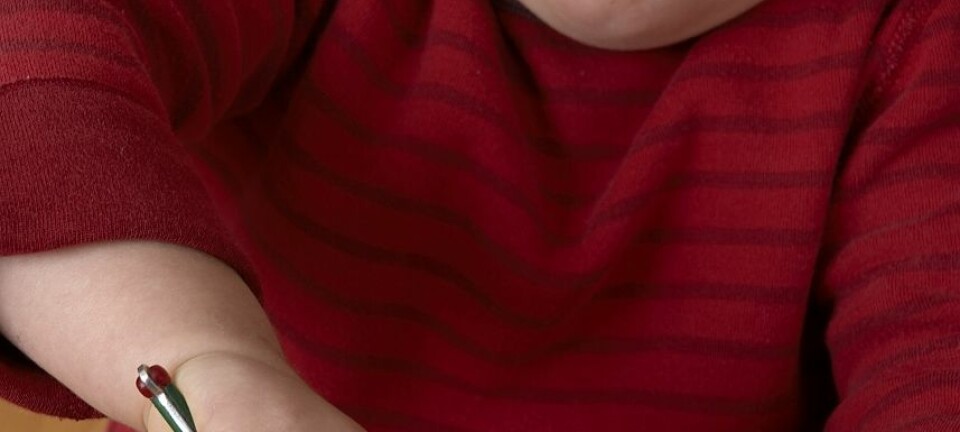
Making fat people slim with modified DNA
Genetically designed cells, which release hormones telling the humane body that it is full, could be a solution to worldwide obesity.
Obesity is a growing problem worldwide -- and it's often caused by something as basic as overeating; people are simply not feeling full after they stuff themselves.
New research hints at a possible solution through genetically modified cells that release a ‘fullness’ hormone when the person has too much fat in his or her blood.
"This could motivate people to eat less," argued the Swiss professor Martin Fussenegger from University of Basel during his talk at ESOF, Europe's largest scientific conference held in Copenhagen in July.
"The cells release a hormone that tells the brain 'I am full', so the person stops eating," he explained. "The modified cells basically help control the person's calorie intake so it is kept at a healthy level".
Human cells tested in mouse stomachs
The cells release a hormone that tells the brain 'I am full', so the person stops eating.
Fussenegger has redesigned DNA molecules in a string of human cells and programmed them to release the hormone ‘pramlintide’ when the level of fat in the blood is too high. The hormone then gives the sensation of fullness. Fussenegger has successfully achieved the effect in mice.
"Although the mice could eat just as much fatty and calorie-rich food as they wanted, after they had been given the capsule of cells, the mice stopped eating until they reached a normal weight," said Fussenegger, adding that it shows the cells actually helped the mice to keep their weight down and only eat the calories they need" .
The study has been published in Nature Communications.
The diet pill of tomorrow
Although the study was conducted on mice it will probably be possible to apply the same study on humans but Fussenegger is optimistic.
There are still many challenges to overcome, before it can become standard therapy.
"I have no doubts that this could help many fat people feel more full by a suitable number of calories -- and by this maintain a healthy weight," said Fussenegger.
It is not unrealistic, because scientists have already successfully made similar modified cells work in humans, said Hans Bräuner-Osborne, who is a professor at University of Copenhagen, Department of Drug Design and Pharmacology.
"Similar modified cells in capsules have been developed in Denmark to treat patients with Alzheimer's disease," he explained. This medication releases a 'nerve growth factor' hormone in the brain, which starts the process of new cells replacing dead cells.
"There are still many challenges to overcome, before it can become standard therapy," says Bräuner-Osborne. Growth needs to be controlled, so it does not lead to the development of tumours.
Felling full is multifactorial
The reasons why humans overeat is rather more complex than for mice and scientists are still looking at a wide variety of possible causes.
“We can't be sure that a single hormone will do the trick”, said Bräuner-Osborne.
The peptide hormone GLP-1 produces a feeling of having had enough and this will give a reduction in weight. "But there are many mechanisms involved in regulating our appetite," said Bräuner-Osborne.
Trials so far have involved injecting the test subjects with the hormone, but letting people injecting themselves every day is not an optimal method, he said.
A path to a more healthy living?
Bräuner-Osborne said that modified cells might make people eat less and by this lead them down a path to a more healthy living. However, only more research and time will tell.
"Even a partial impact may be enough to get people on to the right path and loose some weight. And the less you weigh, the easier it is to start exercising regularly," he said.
Translated by: Louisa Field









